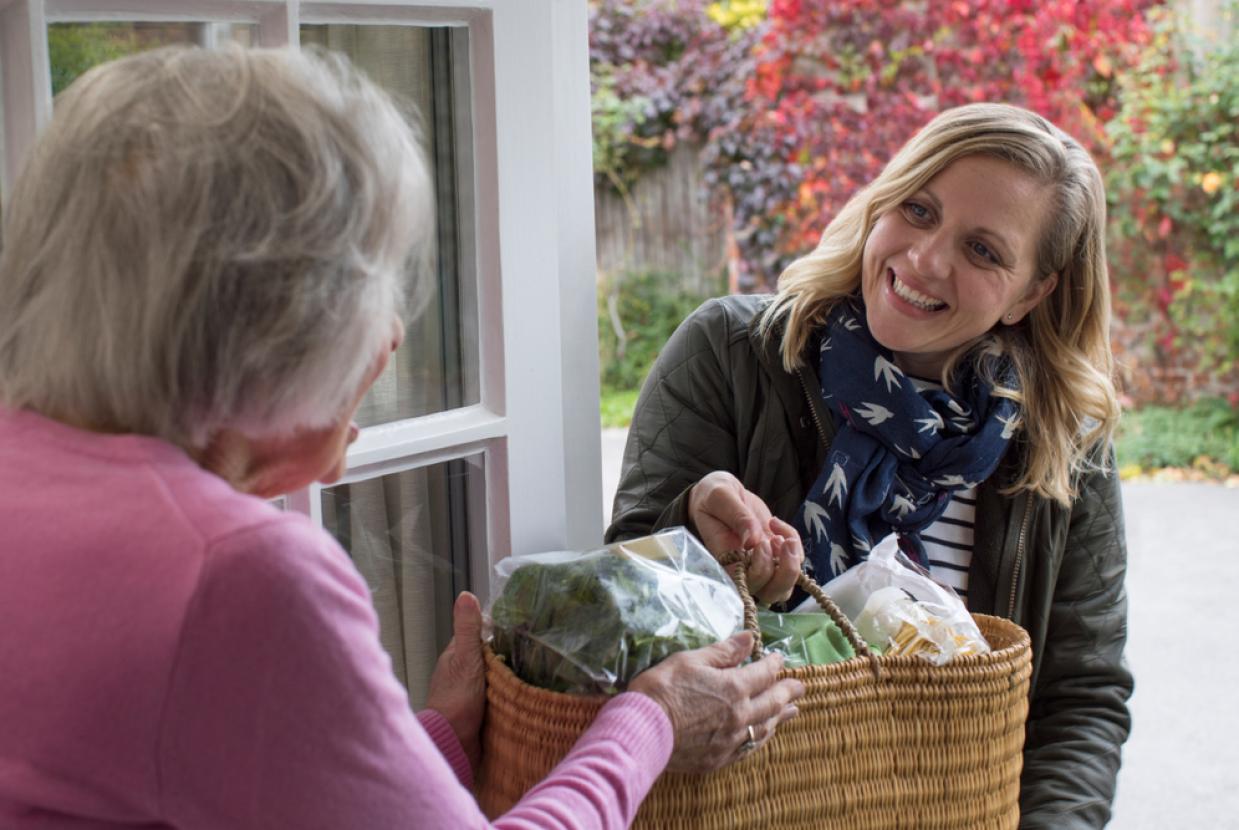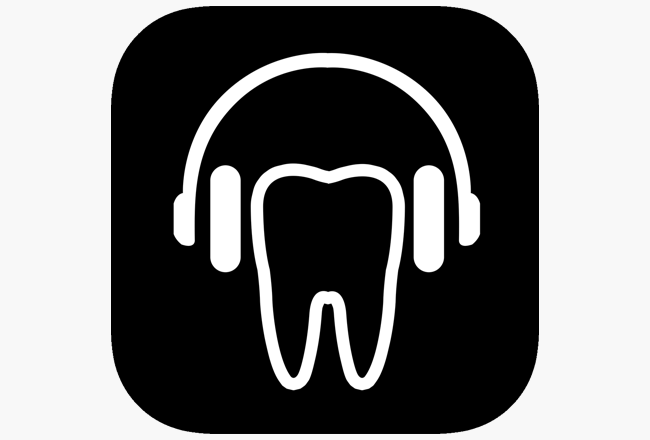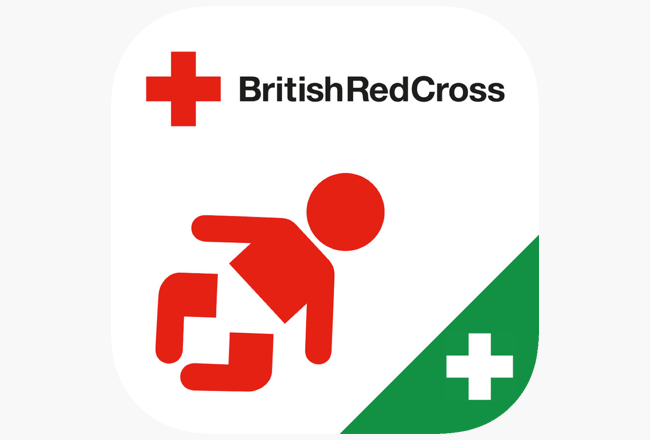Staying Warm In Winter
Family HealthIt’s important to stay protected against a drop in temperature as cold weather can affect your body’s ability to fight off viruses and infections. By keeping warm, you can help yourself stay well this winter.
Those more at risk of illness in winter
You're at greater risk of illness in cold weather if you:
- are aged over 65
- are on a low income (and find heating difficult to afford)
- have a long-term health condition such as heart, lung or kidney disease
- have a disability
For more details about symptoms of winter illnesses, flu jabs and important contacts, go to: Stay well this winter
Keeping yourself warm
Find out below some simple ways to keep warm, stay healthy and make the best use of your heating.
Heat your home
Tips on how to stay warm at home during the day:
- heat your main living room to around 18-21ºC (64-70ºF) and the rest of the house to at least 16ºC (61ºF)
- heat all the rooms you use during the day
- if you can’t heat all your rooms, make sure you keep your living room warm throughout the day and heat your bedroom before going to bed
- set the timer on your heating to come on before you get up and switch off when you go to bed
- in very cold weather, set the heating to come on earlier rather than turning the thermostat up, so you won’t be cold while you wait for your home to heat up
Staying warm at home at night
- keep the temperature above 18°C (65°F) in your bedroom
- if you use a fire or heater in your bedroom during winter, open the window or door a little at night for ventilation
- to prevent the risk of electrocution, avoid using an electric blanket with a hot water bottle
- to prevent the risk of scalds or burns, make sure you fill your hot water bottles with warm water - never use boiling water
If you have an electric blanket:
- check what type it is – some are designed to only warm the bed before you get in and should not to be used throughout the night
Wear warm clothes
You can help keep warm by:
- wearing plenty of thin layers rather than one thick one
- putting on a coat, hat, scarf, gloves and warm shoes or boots when you go outside
- wearing clothes made of wool or fleecy synthetic fibres (cotton is only effective if the garment stays dry)
- wearing bed socks and thermal underwear at night
- If possible, stay indoors during a cold period if you have heart or respiratory problems.
Eat well
A balanced diet will help keep you warm and healthy in the winter. Make sure you and your family eat at least one hot meal a day like soup which is nutritious, keeps you warm and is inexpensive to make or buy.
Stay active and stay in touch
Staying active is good for your health. Walking, for example, can be good for you. If the weather prevents you getting outside, stay active indoors by catching up on all the household tasks you've been putting off.
Stay in contact with friends and family, especially if you've been stuck in the house for a few days. If you have elderly relatives or neighbours who might need help, check up on them.
Make sure your heating is safe
It's important to make sure your heating is safe and your house or workplace is properly ventilated, to reduce the risk of carbon monoxide poisoning.
Cold weather payments
You may be entitled to financial help during cold spells. Find out more about cold weather payments at the link below:
Who to contact if you need further help
If you're worried about a relative or an elderly neighbour, contact your local council. The charity Age NI has information about help and support for staying warm in winter.
Look after your pets
Tips on how to take care of animals in cold weather:
- don't leave your dog or cat outdoors in freezing temperatures for long
- make sure they have a warm place to sleep, away from draughts
- after a walk in snowy, icy or wet conditions, dry your pet off as quickly as possible and make sure they keep warm
- some dogs will need a properly fitted dog coat in cold weather
- take care when walking your dog in icy conditions, as a dog pulling on the lead can cause you to lose your balance
- don't leave your dog or cat alone in a car during cold weather
Flooding and severe weather
Weather in Northern Ireland can be severe. Extreme shifts in weather patterns can lead to flooding in vulnerable areas and make some roads and motorways inaccessible.
The Met Office works with the Rivers Agency, Department for Infrastructure and NI Water to forecast areas where floods are likely. You should contact your local agency if there is flooding, or telephone the flooding incident line:























































































